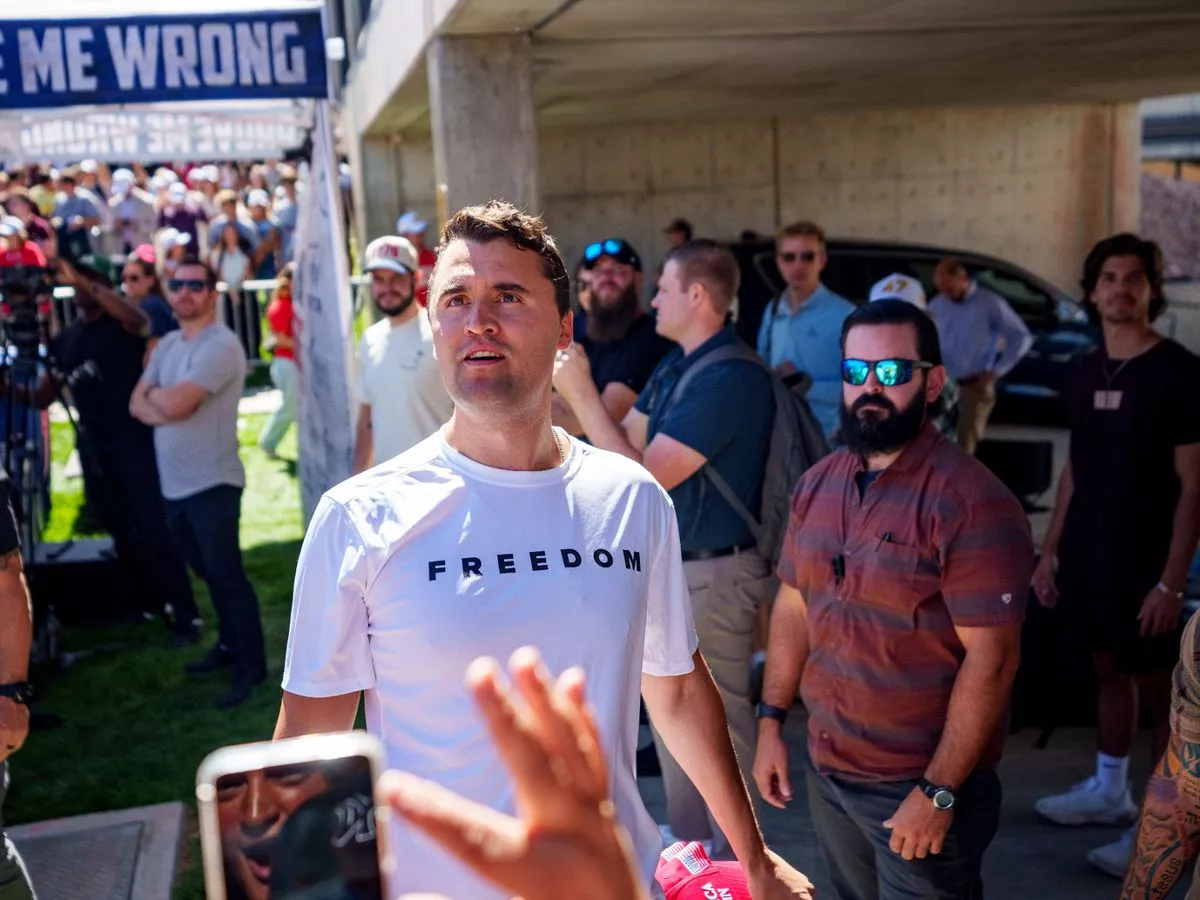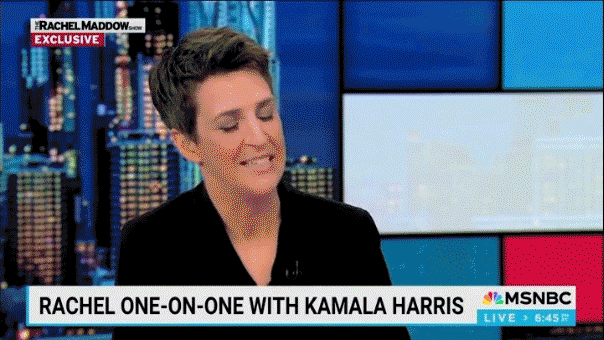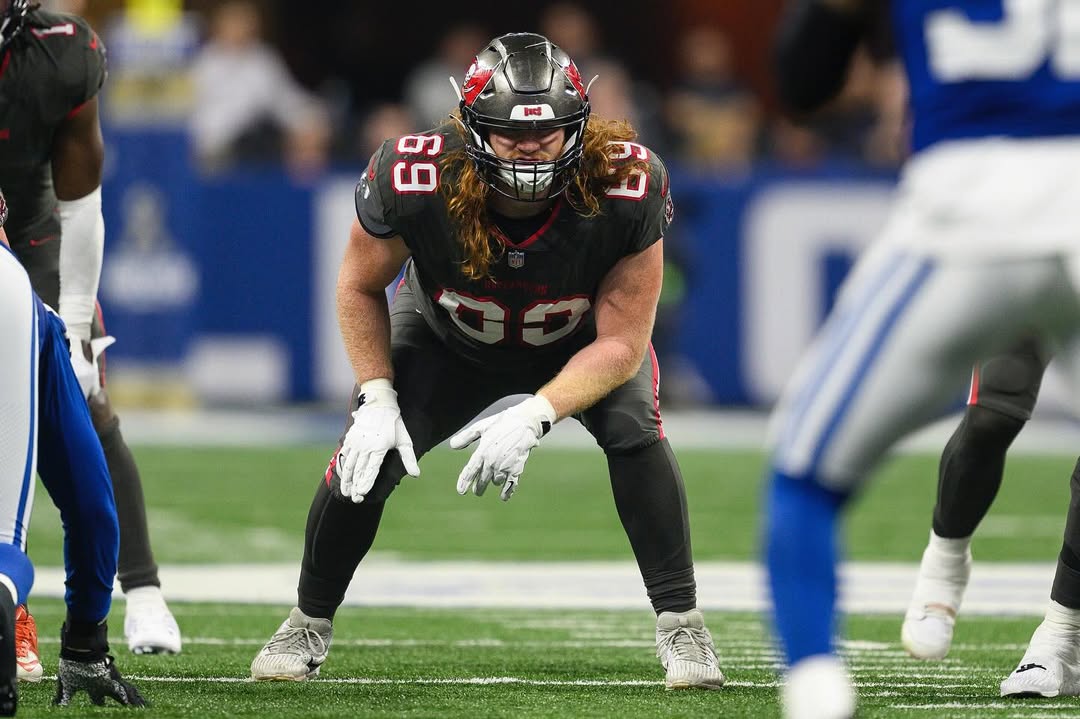
Every struggling musician eventually learns the same bitter truth: there’s no secret shortcut. No silver bullet. No magic trick that lets you skip the grind. No fast track.
For years, I tried to cheat the system, inventing hacks and detours that never quite got me there. The deeper I went, the more I realized that music has its own kind of physics. Like gravity, like time; there are four unshakable laws that hold the whole damn business together: Press. Fanbase. Local Buzz. And music that’s actually good.
That’s it. That’s the formula. You can rage against it, try to twist it, throw money at it, but eventually, like the theory of relativity, it’s going to win.
How I Tried to Cheat the Game
If there’s a wrong way to chase success, I’ve tried it.
I’ve studied hundreds of songs like they were math equations, hoping to unlock the perfect rhythm pattern that would finally “take me to the top.” I once mailed copies of my CD to every single resident in my hometown — true story. I bought 200,000 email addresses from a hip-hop blog and blasted my songs into the void. I faxed college radio stations like it was 1987. Yes, faxed.
I’ve even envied the guy who stuffed his mixtape into McDonald’s Happy Meals, mad only because I hadn’t thought of it first.
I tried collaborations too, chasing that illusion that one feature from a bigger artist will rocket you into stardom. (Spoiler: it doesn’t. Almost never.)
After years of experimenting, grinding, failing and laughing at myself, I finally had to face it. The formula was right there the whole time.
Law One: Perform or Perish
Nothing happens until you play.
Live shows are oxygen for your career. Small clubs, grimy bars, college parties where half the crowd is just there for cheap beer — you’ve got to take them all. Jay-Z performed in every club he could find up and down the East Coast. Tiffany sang her way through suburban malls until the crowds swelled big enough to take her mainstream. Some of your favorite stars once played festivals to nobody.
Editor’s picks
You sleep on floors, couches, tour vans, but you keep going, because that’s how you find your people. Connecting with people directly is how you earn a fanbase.
These days, “performing” might also mean going live on TikTok or dropping covers on YouTube — just ask Justin Bieber. A friend of mine pulled 30,000 followers by singing on TikTok twice a week. It still counts. It’s still sweat.
Because until people can see you, hear you and believe your story, you don’t exist.
Law Two: Build the Fanbase
Every artist starts with a dangerous fantasy: that a record label will swoop in, recognize your raw talent and turn you into a star.
No. Labels don’t invent stars. They repackage and resell you to an audience you’ve already built. Cause and effect is flipped — the fans come first.
I once pitched my music to a big-name music exec. Mid-meeting, he turned his laptop to show me footage of a group performing for thousands of screaming fans, word-for-word sing-alongs — and then he said, “We’re still not signing them.”
The Rolling Stone Culture Council is an invitation-only community for Influencers, Innovators and Creatives. Do I qualify?
Related Content
That’s how high the bar is.
For indie artists, selling 10,000 records is already a major win. That kind of success requires at least 100,000 engaged fans — real fans, not bots, not empty followers. Even a thousand paying fans can change your life. But you don’t get there without the grind.
Law Three: Stir the Local Buzz
If your city doesn’t care about you, the world won’t either.
You’ve got to start with the zines, the podcasts, the college stations, the DIY blogs. You accept every single interview — whether it’s Rolling Stone or some kid with a cell phone on a stick outside a bar.
Build your press kit. Collect those write-ups, even the tiny ones, and stack them like bricks. Eventually, you can wave them in front of bigger outlets.
I once helped promote an artist from nothing but small blurbs. Over time, those stacked up into satellite radio interviews, then Blender magazine spreads, then Fox News spots and eventually phone calls from Universal. Irv Gotti called me unsolicited on my personal cell. That’s when I realized: they already knew who I was. They were watching the whole time.
The streets are always watching.
Law Four: The Music Has to Be Good
Now here’s the hardest truth of all.
Maybe your mom loves it. Maybe your friends gas you up, but if your music doesn’t sound like it belongs next to what’s on the radio, you’re already sunk.
It doesn’t matter how much heart you put in. The mix has to be flawless. The vocals airtight. The master polished enough to stand against anything else in the playlist. Never — never — send out unfinished work.
Here’s the cruel twist: nobody cares how hard you worked on it. They only care about how it sounds.
The Only Formula
So here it is, no shortcuts: Performing + Fanbase + Press + Good Music = Possible Success.
Not guaranteed success. Just the possibility of it. But I can tell you this: without all four, it’s impossible.
Why I’m Not Famous
I’ll confess my own missing piece. I chose the desk career over the tour van. I never committed to performing as much as the formula demands. And for decades, I’ve tried to compensate for the gap.
Trending Stories
But the formula doesn’t bend, doesn’t break, doesn’t compromise. You can play every other part of the game, but you can’t cheat the stage.
And maybe that’s the point. Music only rewards the ones who live it, breathe it, eat it and drink it, night after night, until the world has no choice. It has to listen.



